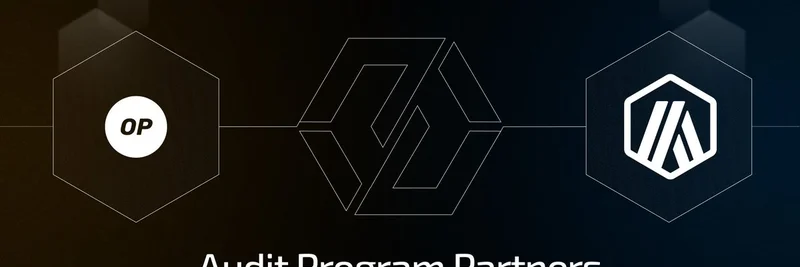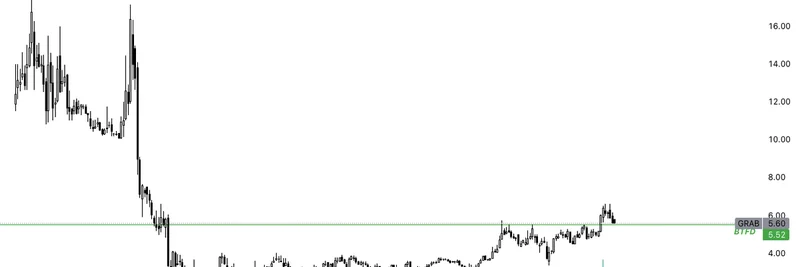Hey there, meme enthusiasts and crypto watchers! If you've been scrolling through X lately, you might've caught wind of some serious drama brewing in the Ethereum world. It all kicked off with a tweet from BSC News highlighting a fresh controversy at the Ethereum Foundation. Let's break it down in simple terms and see why this matters for the wild world of meme tokens.
The Spark: Péter Szilágyi's Bombshell Critique
Péter Szilágyi, a key developer leading the Geth client team (that's the software that helps run Ethereum nodes), dropped a detailed post on GitHub calling out what he sees as major issues within the Ethereum Foundation. In essence, he feels like the foundation is more about appearances than true decentralization. Decentralization, for the uninitiated, is the core idea in blockchain that no single group or person should control everything—it's supposed to be spread out among many participants to keep things fair and secure.
Szilágyi argues that a small circle of people close to Ethereum co-founder Vitalik Buterin holds too much sway. He even shared his own pay details: over six years, he earned about $625,000 while Ethereum ballooned to a $450 billion market cap. That's peanuts in crypto terms, and he says it creates weird incentives where insiders chase big bucks through connections rather than building solid tech. His big worry? This "soft centralization" could let big players reshape the protocol (the rules of how Ethereum works) for their own gain.
Heavy Hitters Jump In: Sandeep Nailwal and Andre Cronje
The debate didn't stop there. Sandeep Nailwal, co-founder of Polygon (a popular Layer 2 scaling solution for Ethereum that makes transactions cheaper and faster), chimed in on X. He's been loyal to Ethereum but feels overlooked—no grants, no shoutouts, despite Polygon's massive contributions. He even mused that rebranding Polygon as a standalone Layer 1 chain could boost its value big time, but he's stuck with Ethereum out of principle. Nailwal called the community a "shit show" and questioned why major contributors keep feeling undervalued.
Then there's Andre Cronje, the brains behind Sonic Labs and previously Yearn Finance (a DeFi protocol for yield farming). In his X post, he vented about burning through over 700 ETH on deployments without a peep from the foundation—no support, no retweets, nothing. His point: If the foundation isn't backing core builders like Szilágyi or big supporters like Polygon, who exactly are they helping?
Vitalik's Response: Praise with a Side of Tech Talk
Vitalik Buterin himself stepped up on X to cool things down. He gave props to Polygon and Nailwal for their work on zero-knowledge proofs (ZK tech, which lets you prove something is true without revealing all the details—super useful for privacy and scaling). He highlighted how costs for this tech have plummeted, making it easier for chains like Polygon to integrate fully with Ethereum. But notably, he sidestepped the centralization gripes, focusing instead on technical wins.
Why This Matters for Meme Tokens
Now, let's connect the dots to meme tokens—the fun, viral coins like Dogecoin or Shiba Inu that often start as jokes but can explode in value thanks to community hype. Ethereum has been a hotspot for these because of its smart contracts (self-executing code that powers tokens and apps). But with fees sometimes skyrocketing and slower speeds, a lot of meme action has migrated to chains like Solana, which offers dirt-cheap transactions and lightning-fast confirmations.
This controversy amps up those concerns. If Ethereum's governance feels too centralized, it might push more developers and communities away. Imagine meme token creators ditching Ethereum for fear of "ruling elites" tweaking rules to favor big players. Solana's already snagged a ton of memecoin trading volume, and debates like this could accelerate that shift. On the flip side, if Ethereum addresses these issues, it could strengthen its position as the go-to for innovative meme projects, especially with Layer 2s like Polygon making it more accessible.
Broader Implications for Blockchain Practitioners
For anyone building in blockchain, this is a wake-up call. It highlights the tension between ideals like decentralization and the realities of funding, influence, and growth. Meme tokens thrive on community trust—if that erodes on Ethereum, we might see more cross-chain experiments or even new meme-focused chains popping up.
Keep an eye on how this unfolds. Ethereum's tech is rock-solid, but its social layer (the people and politics) needs some TLC. In the meantime, if you're into memes, diversifying across chains might be smart—who knows what the next big pup or frog token will call home?
Stay tuned to Meme Insider for more on how crypto dramas like this shape the meme token scene. What do you think—will Ethereum bounce back, or is the meme party moving elsewhere? Drop your thoughts in the comments!



